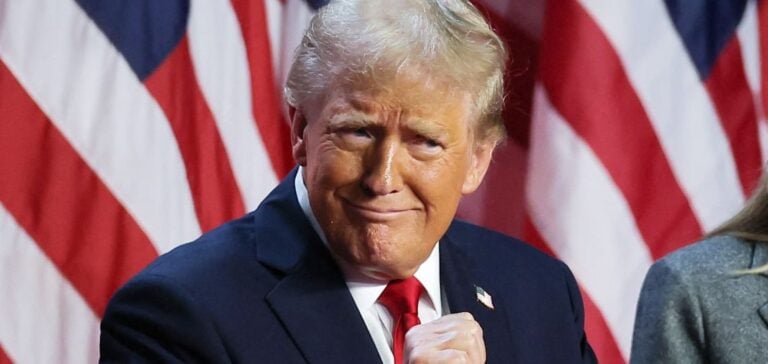The U.S. elections highlighted opposing political visions with significant potential repercussions for the global energy sector. The election results and the programs of the main candidates, including Donald Trump for the Republicans and Kamala Harris for the Democrats, could redefine energy policy directions both nationally and internationally.
Federal Results and Political Implications
At the federal level, Republicans have secured a Senate majority, raising uncertainties about the future of the Inflation Reduction Act, which includes incentives for renewable energy and emissions regulations. Republican candidate Donald Trump has expressed his intent to dismantle the current climate agenda, specifically by removing subsidies for clean energy and promoting fossil fuel production. He described current climate policies as an eco-fraud and aims to liberalize fossil fuel extraction.
In contrast, Democratic candidate Kamala Harris seeks not only to maintain but also to strengthen existing initiatives. She supports tax incentives for clean energy and reaffirms the U.S.’s international climate commitments, aiming to strengthen their role in the global fight against climate change.
Impacts on Trade Policy and Imports
Trump’s plan includes increased taxation on imports, particularly those affecting the energy sector, to protect domestic industries. However, this approach could generate trade tensions with U.S. partners and disrupt global supply chains. Taxing imported energy would raise consumer costs while risking retaliatory actions from trading partners, potentially destabilizing international energy markets.
In foreign policy, Trump hints at a more conciliatory stance towards Russia. If sanctions are eased, this could reshape international energy flows, particularly in the oil and gas sector, with implications for global prices and European energy security.
Outlook in Key States
**North Carolina**
Democratic candidate Josh Stein, the likely next governor, has set ambitious emissions reduction targets aiming for carbon neutrality by 2050. Stein intends to diversify the energy mix by investing more in solar and wind power while strengthening the resilience of the electricity grid against climate disasters. However, these initiatives could face obstacles from the Republican majority in the General Assembly, limiting his executive power.
**New Hampshire**
Republican Kelly Ayotte advocates for an all-options energy strategy to address rising energy prices following a notable increase in electricity rates from 2018 to 2023. Ayotte supports introducing small modular nuclear reactors and is considering expanding net metering, allowing consumers to sell their surplus energy, provided this does not incur additional costs for households. However, Ayotte opposes offshore wind projects, a stance differing from her predecessor.
**Texas**
Re-elected Senator Ted Cruz remains a strong proponent of fossil fuels. Under his influence, Texas is expected to retain its status as the leading energy-producing state in the U.S., with oil production surpassing that of many countries, including major producers like Iraq. Cruz’s policies could bolster Texas’s position in international markets, emphasizing the importance of fossil fuels over renewable energy.
Consequences for the Energy Sector
The policy divergence may affect the global dynamics of the energy transition. Heightened protectionism and a weakening of U.S. climate commitments could hinder international efforts to reduce greenhouse gas emissions. Conversely, a Democratic administration committed to clean energy promotion would stimulate investment in renewables while reinforcing global climate goals.
The current political uncertainty could weigh on investment decisions in the sector and on commercial partnerships between the U.S. and its energy allies, prompting companies to reassess their growth and sustainability strategies in an uncertain context.





















